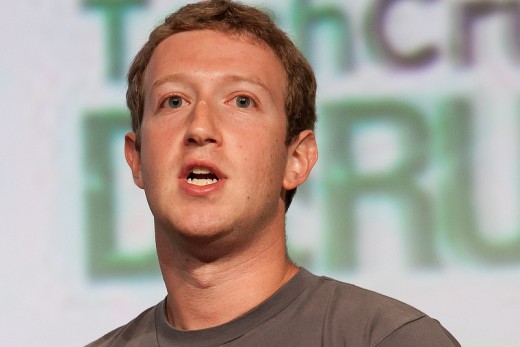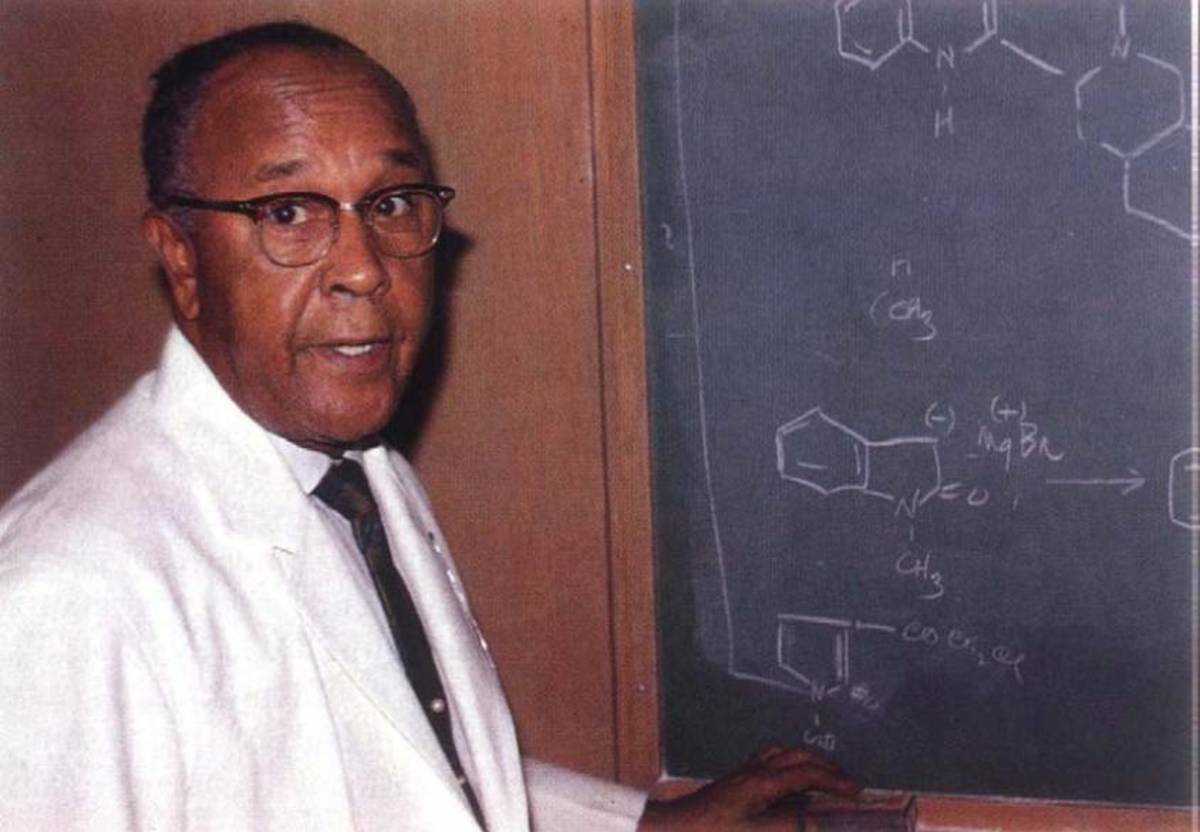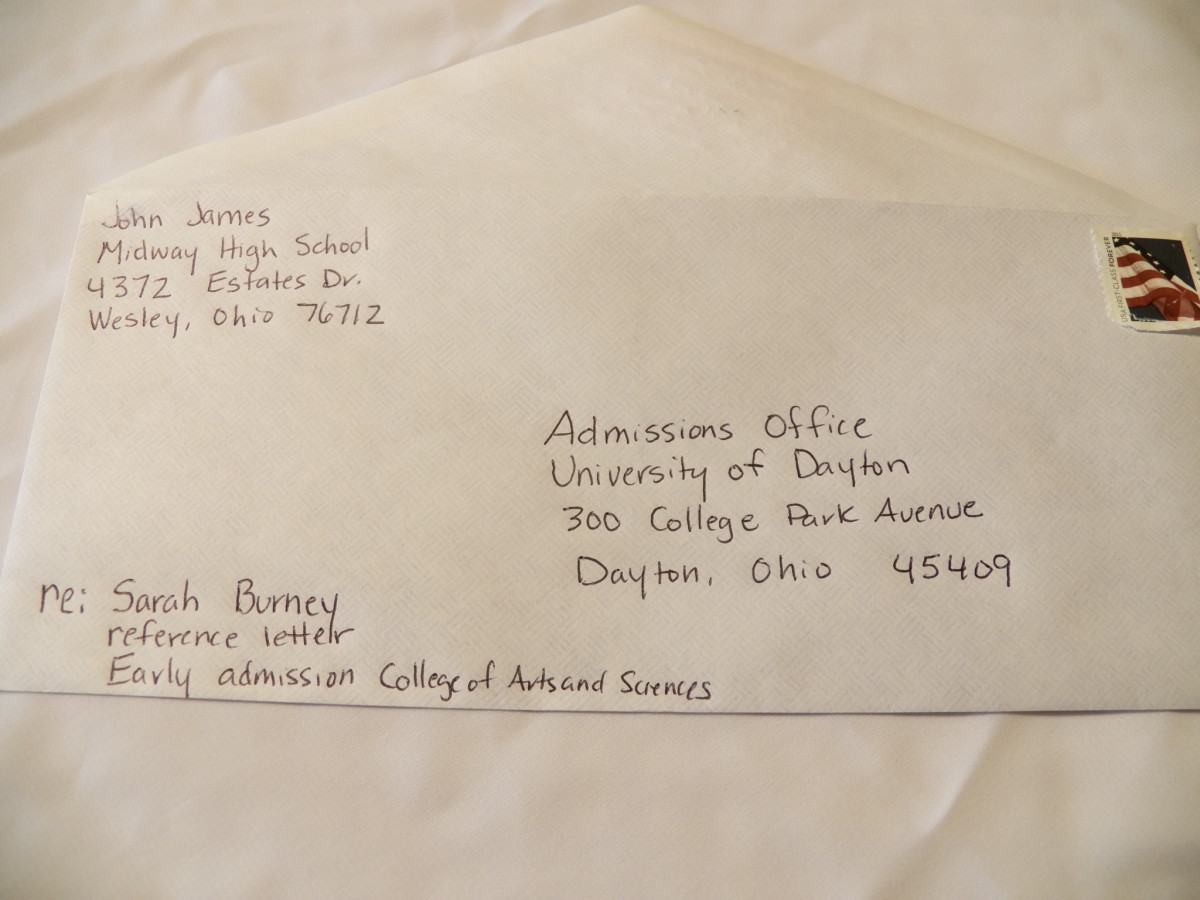Out of School: What Ought to be Done to Immoral School Faculties
Together with the Same bad Ideas

In the Same Boat
Anyone with a set of functioning eyes can see the damage done to students in high schools and especially universities. Because colleges accept government subsidies in forms of student aid and loans, they propound ideas that remain anathema to the notions of man, life, freedom, business, and well-being. That wealthy contributors and alumni with modest incomes continue to shell out funds to continue the destruction of the minds of the young is appalling.
Author Malcolm Gladwell took to social media and chastised billionaire hedge fund manager John Paulson, not for aiding in the crippling of young thinkers, rather, Gladwell would have liked it if Paulson instead donated $400 million to Harvard University (the largest donation to the school to date) not to the nation’s oldest institution of higher learning, but that he should have given this money to the poor and needy.
Because Paulson gave to a school with an endowment of over $36 billion, Gladwell found this to be odious. As he gave to the School of Engineering and Applied Sciences (SEAS) to be named after him, that money will pay most likely for teaching aspiring engineers to work for the federal government to build bridges, sewers and roads in not only America but some far off land for hostile countries in the Middle East or Africa or South America or East Asia. Gladwell lambasted Paulson for giving too much money to a school which already receives large donations from alumni. (Let’s not forget the wealthiest man on the face of the earth, Bill Gates, attended but did not graduate from Harvard but has also bestowed millions to the university.)
He would rather those funds to go to the less well-off in America or starving hordes in undeveloped nations. Both men have committed transgressions. For in Paulson's case, it is a detriment that he supplement a university which promotes anti-man, anti-reason, and anti-life ideologies. With Gladwell, he is at fault for leaning toward the primacy of others’ need. He finds that Paulson’s funds could have gone to struggling or marginalized schools instead of the cash behemoth that is Harvard University. This is a clear example of egalitarianism. In that view, the successful, premiere school should be sacrificed for the underprivileged ones or needy groups. Both men find giving to be a substantial moral act while the fact remains that charity and philanthropy are nonessential issues. If one chooses to hand over cash or devote time to a cause, fine. However, the monies or efforts are only a reflection of your status as someone who has these values to offer without sacrificing. Gladwell wanted blood. He wanted Paulson to grovel to low income individuals, the destitute, and the low-life, downtrodden masses. Paulson was wrong for donating to Harvard because the school prepares the most brilliant students to be confused, ethically gray (at best) nihilists and stunted in the ways of how the world ought to work. Gladwell erred in seeking to shame a man for using his money at his own discretion, and not having the scruples to express the true reason for opposing the benefaction. By not recognizing the reality that Paulson is immoral for contributing dollars to the moral disaster in education that is Harvard, Gladwell is lumped in the same rickety boat as Paulson. Their spat is only over who can row faster as both continue to sink.
Zuckerberg's Selflessness Catches up with him

Moral Credit for Making Instead of Giving
Facebook CEO Mark Zuckerberg (who also briefly attended Harvard), feeling pressured to “do a good deed” in the wake of a negative portrayal of him in the film The Social Network (2010), donated a $100 million to Newark, New Jersey schools. Firstly, this was a sign of selflessness as he had no ties to the school other than to give them a handout. An altruist would praise such an action as worthy of recognition and moral credit. The selflessness is actually a vice in regard to Zuckerberg as he failed to view his own business interests as a primary. Secondly, the fact that most of these funds have dried up and never fully covered the programs that they were designated to supply, shows the ruinous behavior of Mr. Zuckerberg. As a result of trying to please everybody, he attempted to be looked at as a "good guy" but ended up the loser of not only his cash but his ability to discern what is beneficial to him in the long term. He has recovered somewhat in his decisions to take his company public, acquire Instagram and Whatsapp, and ensure to his shareholders and employees that he will run a profitable enterprise. Those actions are what make him virtuous. But his choice to aid schools without understanding the implications that go into what teachers teach and how those funds are allocated, Zuckerberg ought to correct his miseducation.
Reinforcement

Instruction for the Future Troops
And as far as the war colleges and military schools and academies, the disease known as altruism attacks the faculty and infects the students and cadets into the disturbing thinking of placing others above self at the expense of their own troops, the civilians in America, and private property. This is only a reinforcement. Since toddlers, these young men and women who seek knowledge of strategy and history of combat maneuvers have been indoctrinated with the perverse set of ideas that can only lead to corruption and breed envy and derision. So, that means from infancy to preparing to lead infantry units, the future leaders of the United States military receive lesson after disastrous lesson in the art of not winning wars. By the time they graduate, they have a murky moral outlook. It then extends to the battlefield and results in the lives lost on their side just so some village is spared a bombing. The schools which offer these ideals ought to find replacements for the faculty. Professors should be knowledgeable, yes, but also honorable. This includes being rational, selfish, and independent. The use of the mind (by choice) is a valuable tool in all situations but in molding young minds to experience the rigors of military life and possibly combat, few other times would it be as profoundly crucial.
Apply Reason

Teach the Children
But what about the high schools and middle and elementary schools? Without these stepping stones, college students and academy cadets alike would be ill-equipped for the realm of higher learning. What is taught to these fledgling scholars forms their viewpoint on life until the end. So, why do teachers continue to push “sharing is caring” and “think of yourself last”? In Robert Fulghum’s book, All I Really Need To Know I Learned in Kindergarten (1989), he discusses Mother Theresa in terms of being a moralistic figure who ought to be emulated. This disregards how depraved, dejected, and depressed Mother Theresa was. But kids should be like her because it is the “right thing to do.” This is a travesty. At such an impressionable age, children ought to be taught the upright principles of capitalism. They should meet their fellow classmates as traders, prevent each other from starting fights and finish them if they are tested by a bully. They ought to be encouraged to explore the universe and develop the skills which will sustain them for a lifetime. They should be told to question everything and apply reason to every act that they perform. And for middle and high school students preparing for the “real world” it is important that they investigate why they are assigned certain novels, asked to conduct experiments, and instructed to study different cultures. This is in the hands of the administrative staff and the teachers. If members of the faculty fail to live up to their roles, their dismissal would be apt.
With the the ouster of professors and staff who proselytize in classrooms the platitudes of sacrifice, students who will shape the world may have a chance. In the absence of donations to schools with corrupt or shady teachings the presence of rationality might become apparent. Through the privatization of all educational institutions, the quest for ethical perfection may be realized. The capitalist system would provide for the day where an ideal school could possibly exist.








